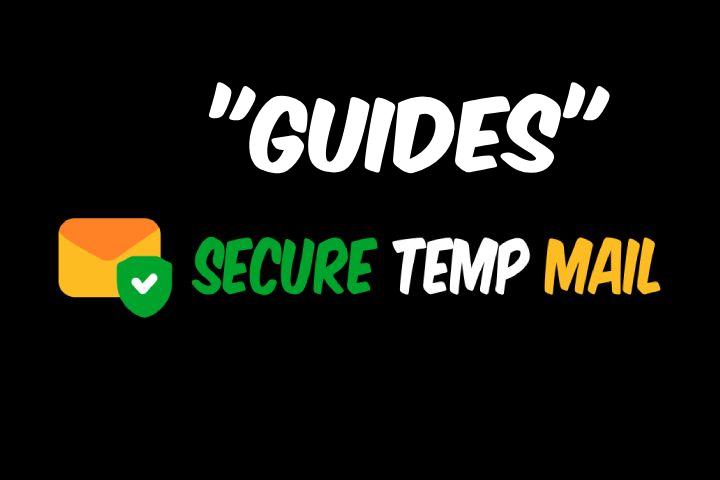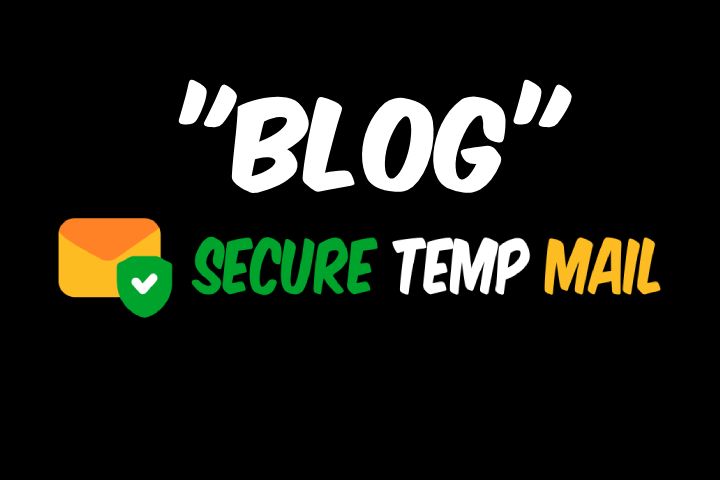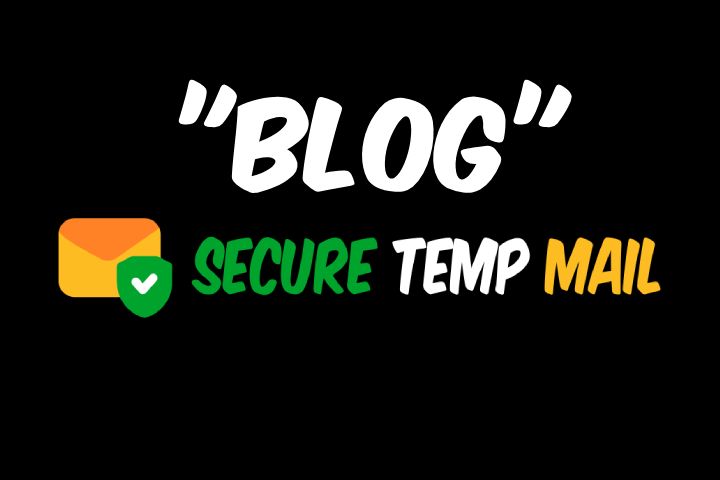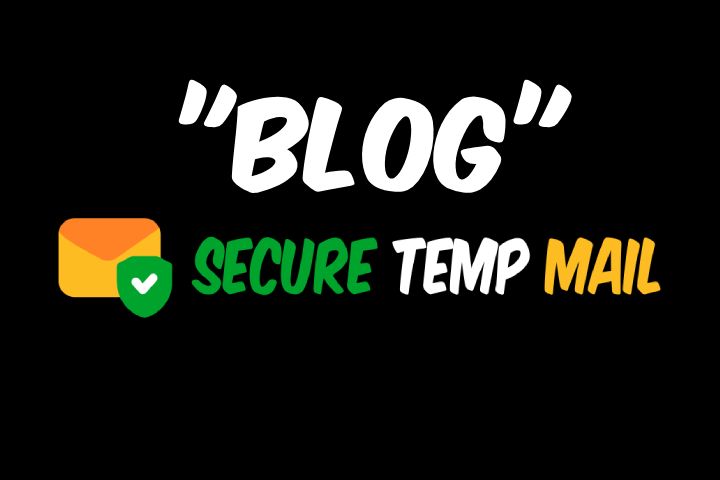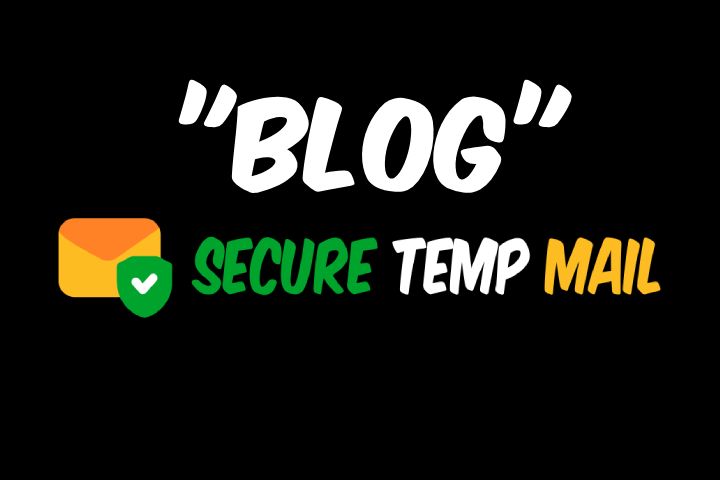Introduction to Internet Anonymity
The internet is a vast playground filled with endless possibilities, but it also comes with hidden dangers lurking behind every click. As we navigate this digital landscape, the question of anonymity becomes increasingly crucial. Are you sharing too much information? Is your online life leaving a breadcrumb trail for anyone to follow? Staying private on the internet is not just about keeping secrets; it's about protecting yourself from potential threats and maintaining control over your personal data.
Understanding how to maintain your anonymity online can empower you in an age where privacy feels like an elusive dream. Whether you're concerned about identity theft, targeted advertisements, or simply want to enjoy browsing without being monitored, taking steps toward greater anonymity is essential. Let’s dive into some practical tips that will help you stay under the radar while exploring all that the web has to offer safely and securely.
Understanding the Importance of Online Privacy
Online privacy is a fundamental right in today's digital landscape. With every click, we leave behind traces of our personal information. This data can be harvested by corporations or malicious actors.
Understanding the importance of online privacy means recognizing that your personal details are valuable assets. They can influence decisions ranging from targeted advertising to identity theft.
Moreover, maintaining privacy helps safeguard your freedom of expression. When people feel monitored, they often self-censor their thoughts and opinions.
By prioritizing online anonymity, you empower yourself against unwanted intrusions into your life. It fosters a sense of security and control over who has access to your private information.
Without robust online privacy measures, individuals risk becoming victims in a world increasingly driven by data exploitation and surveillance technologies. Taking steps toward protecting this essential aspect provides peace of mind in an ever-connected environment.
Potential Risks of Not Staying Anonymous on the Internet
The internet is a vast landscape where personal information can be easily exploited. Ignoring the need for anonymity exposes you to unwanted surveillance and tracking.
Cybercriminals often target individuals who don’t take precautions. Your data could end up in the hands of hackers, leading to identity theft or financial loss.
Companies collect user data for advertising purposes. Without anonymity, your online habits are monitored closely, creating detailed profiles that invade your privacy.
Moreover, sharing too much online can affect relationships and employment opportunities. Potential employers might scrutinize social media accounts before hiring.
Even seemingly harmless activities, like shopping or browsing news sites, can leave digital footprints. These traces contribute to an increasingly invasive environment where privacy is compromised.
In this interconnected world, maintaining your anonymity isn't just about hiding; it's about protecting yourself from harm and preserving your freedom online.
Tips for Maintaining Anonymity Online
To maintain anonymity online, start by using a Virtual Private Network (VPN). This encrypts your internet connection and masks your IP address. It’s an essential tool for keeping your browsing habits private.
Next, focus on creating strong and unique passwords. Avoid common words or phrases. Using a password manager can help you generate complex passwords without the hassle of memorization.
Public Wi-Fi networks are convenient but risky. They expose you to various threats. Whenever possible, stick to secure connections that require a password.
Disabling location services is another smart move. By turning off GPS tracking on devices, you reduce the chances of revealing your whereabouts inadvertently.
These steps establish a solid foundation for safeguarding your privacy online while allowing for safe exploration of the digital landscape.
A. Using a Virtual Private Network (VPN)
Using a Virtual Private Network (VPN) is one of the most effective ways to maintain your anonymity online. When you connect to the internet through a VPN, it creates an encrypted tunnel between your device and the web. This means that your data is protected from prying eyes.
A VPN masks your IP address, making it difficult for websites or third parties to track your online activities. This added layer of security ensures that your browsing history remains private.
Moreover, many VPN services offer features like kill switches and DNS leak protection. These tools further enhance privacy by preventing accidental exposure of sensitive information if the connection drops unexpectedly.
Choosing a reputable VPN provider is crucial. Look for one with strong encryption protocols and no-log policies. With these measures in place, you can surf the internet more freely without fearing unwanted surveillance or data breaches.
B. Creating Strong and Unique Passwords
Creating strong and unique passwords is a fundamental step in protecting your online identity. A robust password should be at least 12 characters long, combining upper and lower case letters, numbers, and special symbols. Avoid easily guessable information like birthdays or names.
Consider using a passphrase—a series of random words strung together. This method not only increases security but also makes it easier to remember. For example, “BlueSky!
Cactus#Dance7” packs strength while still being memorable.
It’s crucial to use different passwords for each account. If one gets compromised, others remain safe. Password managers can help by securely storing these complex combinations so you don’t have to memorize them all.
Regularly updating your passwords is another good practice. Schedule reminders every few months to refresh them, reducing the risk of unauthorized access over time. Stay proactive about your digital safety; it's worth the effort.
C. Avoiding Public Wi-Fi Networks
Public Wi-Fi networks can be convenient, but they also pose significant risks to your privacy. When you connect to an open network, you expose yourself to potential threats.
Hackers often lurk on these networks, waiting for unsuspecting users. They can intercept data and steal personal information with ease. It’s like leaving your front door wide open; inviting trouble without even knowing it.
If you must use public Wi-Fi, consider using a VPN to encrypt your connection. This adds a layer of security that can help protect your data from prying eyes.
Another wise choice is to limit the type of activities you conduct while connected. Avoid accessing sensitive accounts or sharing confidential information in these environments whenever possible.
Your online safety should always come first, especially when tempted by that free coffee shop internet access. Choose wisely where and how you connect.
D. Disabling Location Services on Devices
Location services can be convenient, but they also reveal a lot about you. When enabled, your devices share your exact location with apps and websites. This data can be collected and sold.
Disabling these services helps protect your privacy. It makes it harder for companies to track where you are or what you're doing online. You regain control over who sees this sensitive information.
Most smartphones allow you to turn off location tracking easily in the settings menu. Take a moment to check which apps have access to your location and revoke permissions as needed.
Remember that some apps might not function correctly without location access. However, consider whether convenience is worth the risk of oversharing personal data on the internet. Prioritize security by choosing when and how much of your whereabouts is shared with others.
Additional Steps for Enhanced Anonymity
For those seeking enhanced anonymity, consider using temp mail services. These allow you to create temporary email addresses that can help protect your identity while signing up for websites or newsletters.
Another essential step is to regularly clear your browsing history and cookies. This simple action minimizes the amount of personal data collected by websites, reducing tracking risks.
When downloading applications or software, always choose reputable sources. Unofficial downloads may contain spyware that compromises your privacy.
Utilizing browser extensions focused on security can also bolster your online protection. Ad blockers and anti-tracking tools limit the chances of being targeted by invasive ads and trackers.
Be mindful of what personal information you share online even in supposedly secure environments. Sometimes less is more when it comes to details about yourself on various platforms.
The Role of Social Media
Social media plays a significant role in our online presence and anonymity. While platforms like Facebook, Twitter, and Instagram can be great for connecting with friends, they also pose serious risks to your privacy.
Every post you make or photo you share adds to your digital footprint. Many users overlook the privacy settings available on these platforms, which can lead to unwanted exposure of personal information. It’s important to review your privacy settings regularly and limit who can see your posts.
Another aspect is how social media accounts often tie into other services. For instance, using a social media login for various apps makes it easier but compromises anonymity. Whenever possible, consider creating separate logins instead of linking accounts.
Additionally, think critically about what you share online. Even seemingly harmless information could give clues about your identity or location that others might exploit.
Using temp mail services can help keep an extra layer of separation between yourself and potential data collectors when signing up for new sites or newsletters related to social media activities. By utilizing temporary email addresses, you reduce the risk of spam while maintaining control over who has access to your real email account.
Staying anonymous on the internet requires diligence and awareness across all aspects of online life—especially within social networks where sharing is so easy yet potentially dangerous.
